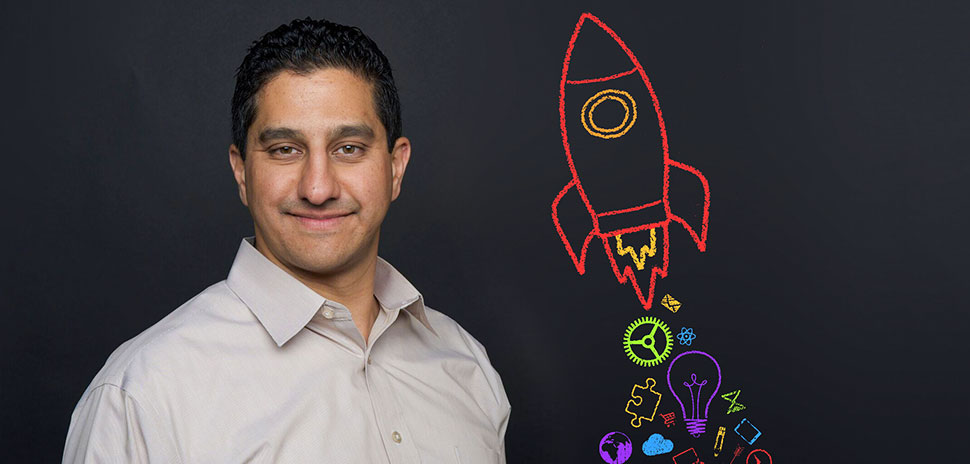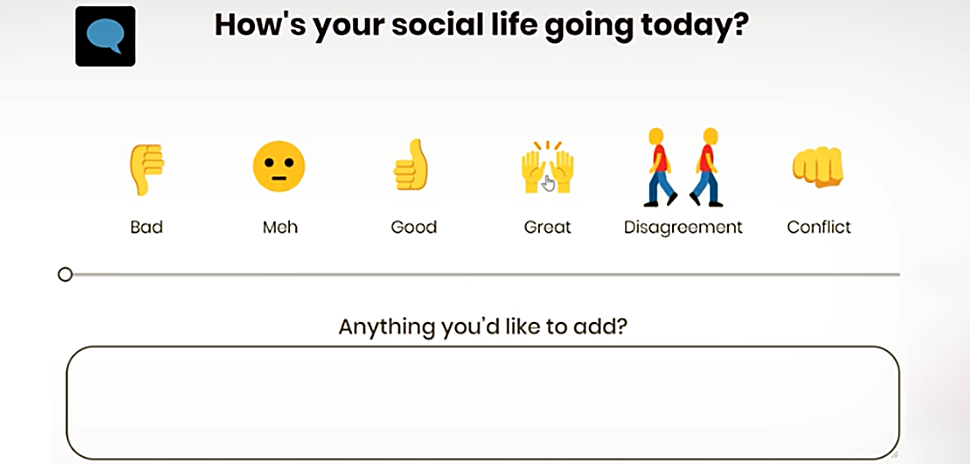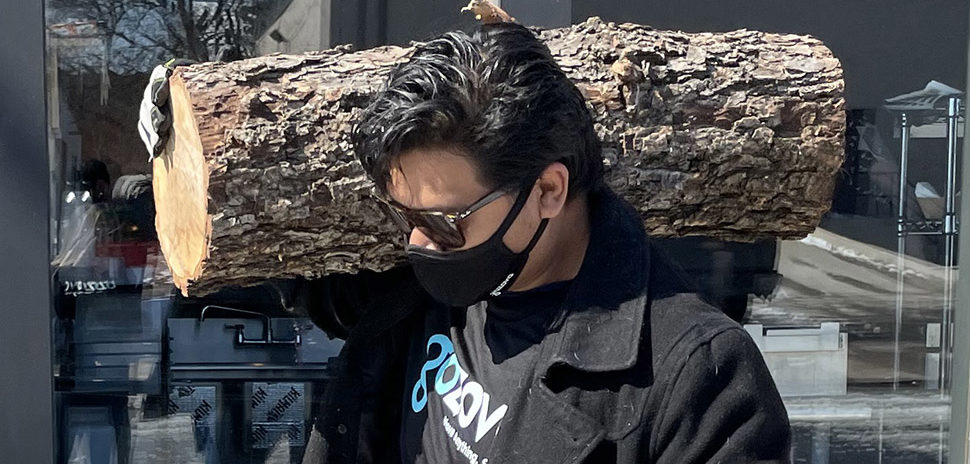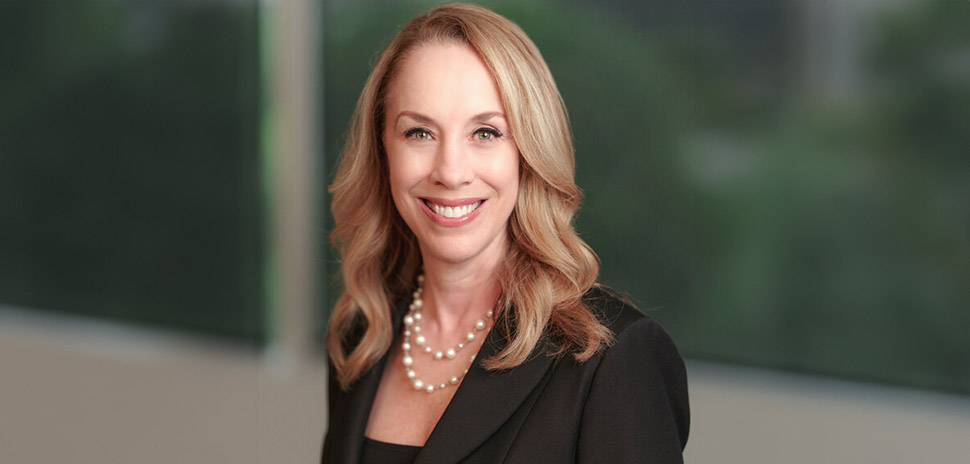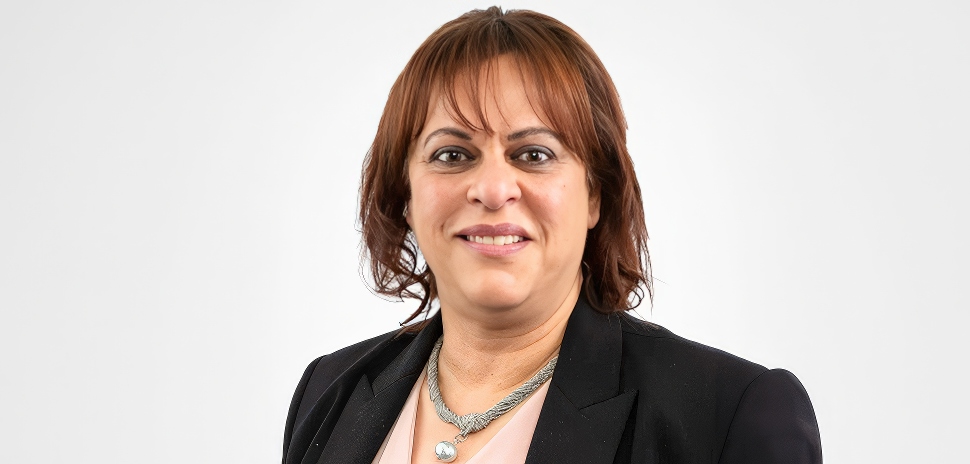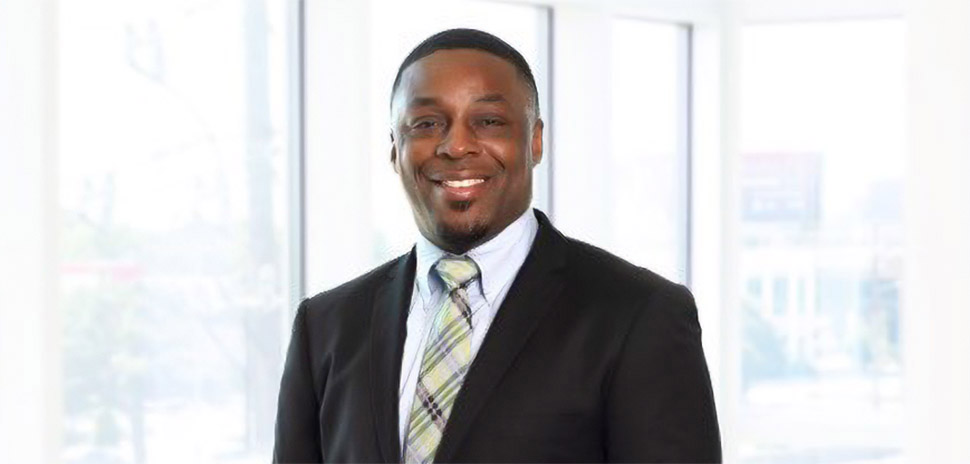![]() The new “Meet the Mentor” series is a way for Dallas Innovates to celebrate the depth and breadth of mentors in North Texas and highlight the collected wisdom and experience available to the startup community, entrepreneurs, and other seekers of knowledge.
The new “Meet the Mentor” series is a way for Dallas Innovates to celebrate the depth and breadth of mentors in North Texas and highlight the collected wisdom and experience available to the startup community, entrepreneurs, and other seekers of knowledge.
Editor’s Note: Dallas Innovates writer David Kirkpatrick began mentoring startups almost seven years ago because of Dennis Dayman, the inaugural mentor profiled in the new series. He has been active in a number of accelerator programs including Tech Wildcatters and Health Wildcatters and has held monthly office hours for The Dallas Entrepreneur Center from day 1. He also joined Capital Factory’s mentor roster last year.
We hope you enjoy meeting some of those who are volunteering their time and expertise for the benefit of the local startup ecosystem.
Dennis Dayman is a fixture of the North Texas startup scene.
He joined Tech Wildcatters as a mentor and fund investor on day 1 and is very active with Health Wildcatters. He also is a partner and mentor with Capital Factory. Other groups where Dayman mentors includes 500 Startups and Techstars Mobility, an auto-focused program in Detroit. Modern, a startup where Dayman serves as chairman of the board, was accepted into Techstars Mobility. He also has served as a judge and mentor for companies in the Start-Up Chile program.
“Dennis is one of these rare individuals who can quickly focus in on the heart of a problem.”
Hubert Zajicek
He said Capital Factory’s Texas Startup Manifesto hastened his latest entry into the local arena, and about mentoring overall Dayman stated he’s always been willing to help anyone who simply asks for anything from a quick bit of advice, continued help over time, or even a more involved role such as a board seat.
“Dennis is one of these rare individuals who can quickly focus in on the heart of a problem. He has helped many of our startups and can deliver his honest feedback with a directness that is disarming,” said Hubert Zajicek, CEO, co-founder, and partner of Health Wildcatters. “I have seen many startups contemplate his observations days after they talked with him. In other words, he makes the entrepreneurs think, and that’s a great thing!”
Dayman’s background is centered around email with 25 years of experience combatting spam, addressing digital security and privacy issues as well as data governance issues, and improving email delivery via industry policy, ISP regulations, and technical solutions.
He is currently the chief privacy and security officer for Return Path. Prior to that, he served in the same role for marketing automation software company, Oracle Eloqua. He is a longstanding member of several boards and advisory committees within the messaging industry and sits on several advisory boards for tech-focused companies.
Dayman took the time recently to share his thoughts about mentoring with Dallas Innovates.
What do you feel you bring to the mentoring table, so to speak?
I sort of go all over the place at times and of course don’t always claim to be the end all be all last word. You will find that I love to learn new things and once something is asked of me, I’m usually researching it to understand it. If I don’t know the answer(s), I’m usually parsing through my contacts to find someone who can answer your questions.
However, my strong suit is within digital marketing vertical such as email, mobile, social media, panel data, etc. But, I do get strong more specifically in the privacy and security of the data needed for those channels because of my experience combating spam, security/privacy issues, data governance issues, and improving email delivery through industry policy, ISP relations, and technical solutions in my career.
Now, because of my career experiences working in startups (note: Dayman saw Eloqua grow from a tech startup to eventually being acquired by tech giant Oracle), these past 15 or so years have given me an understanding of fundraising, how to set-up the company, sometimes dealing with IP (intellectual property) protection, boards, staff and culture management, business plans, pitching, and marketing evaluations.
Why did you become a mentor?
I’ve personally surrounded myself with the “right people at the right time” since it can be instrumental as I grow and begin to move toward long-term sustainability. Mentors are helpful because they’ve been there, done that, and have seen it all. I can gain experience not shared in books and experience is a very expensive asset.
I can gain experience not shared in books and experience is a very expensive asset.
So, when I look at others needing it, I know what I needed to make me successful and knew that I just had to give back. That by all of us working together we can make everyone successful. That I’ve been given a talent and I need to be exercising it every day.
What was your most notable experience as a mentor?
Honestly, it’s the friendships I gain from this. Sure, some of these end up being more business related and that is fine on the part of the person asking for help, but I find a lot in common with the people I get to work with and they find that I’m just like them, and human in need or wanting to help.
Someone who might also have a family who relies on them to make the right decisions to be successful.
I’ve had a few good exits, but I try not to focus on the money. Sure, money is good and everything. Money pays the bills, allows me to have a more comfortable living, takes my family and myself on vacation, but money should never be the target.
I find the most valuable assets you have in all this are the friends you make and the impacts that you have on them and the impacts they have on me. I find myself in these relationships learning new ideas, new techniques, expanding my mind at times, and its awesome to grow myself even when I’m the one mentoring.
Any mentoring stories you’d like to share with Dallas Innovates readers?
Some of the best mentoring sessions don’t happen in an office, but many happen when you as a mentor are buying the pizza and beer.
I’ve had some of the greatest sessions taking everyone out of the uncomfortable office space and really breaking the meeting down to the essence of what it is truly about, getting to know someone, how they really work, and how they are as a person. When startup founders get to know you more personally, they are more willing to let their guard down and truly open up their minds and are willing to ask more personal questions they might have been afraid to ask before.
Some of the best mentoring sessions don’t happen in an office, but many happen when you as a mentor are buying the pizza and beer.
David Ogilvy, widely revered as a founding father of modern advertising (and founder of one of its most famous agencies) is credited with the following from a 1968 paper on principles of management, ‘If you ever find a man who is better than you are — hire him. If necessary, pay him more than you would pay yourself.’ Or more simply put, good leaders succeed by surrounding themselves with people who are smarter than they are.
It’s OK that you have someone more experienced to make you think about something in a new and unexpected way. Recognize your shortcomings and what you need help with. Gain enough contextual knowledge to be credible and seek out others to fill in the gaps.
Do you also invest in the companies you mentor?
The majority is seed for my family in the beginning. [That] lets me dip my toe and see what the company is made of and can do with just a little. From there sometimes it does get into angel as follow-up funding.
There are numerous specific factors that lead to making an investment, but I will focus on one of the bigger ones for me and that is culture, personality, and family. What I mean by that is l like to get to know the person and the staff a bit more than the average banker.
I want to know what makes up the person who is about to get my money. Are they in it for the startup party or are they in it as someone who knows what it takes to sacrifice the comforts of today’s world?
I want to know what makes up the person who is about to get my money.
I’ve seen founders get substantial amounts of seed money and then begin to make excuses why they now get six-digit salaries and new “company” cars and condos. That doesn’t mean I’ve always got the investment right. I’ve invested in great founders with great outlooks on life. Those founders doing what it takes to budget themselves, the company, and in some cases even have a family with kids depending on the future of the company. I’ve seen those sorts of good founders whom I loved to invest into get hit by the market changes or conditions to see their companies fold later.
We all know there isn’t a success formula to follow here. If there was, we’d all be rich. But again, one of the bigger points in my “formula” is to take a look at the culture and people of the company to understand who they are and what’s in their hearts and minds.
What is your best advice for a startup, a founder or an aspiring entrepreneur?
Don’t be afraid to ask questions or go up to a mentor. David (editor’s note: the author of this article) and I have seen it to many times where we will be working as mentors in an accelerator program and yet throughout the program only talk a company once or twice.
I try not to chase down founders, as it’s not my job. I’m there as a resource, but it’s the founders who need to be reaching out to the mentors.
Don’t be afraid to ask questions or go up to a mentor.
When you get into a program that has these resources, do the research on the mentors. Figure out who is there and has possibly a background that fits a need you have now or in the future. In fact, choose a few mentors to talk to who have no fits and see what they may surprise you with. Make yourself as “uncomfortable” as you can now by getting into the hands of the mentors because you are losing valuable time and assets if you are not talking with them.
Talking to them usually will help you also build the confidence you will need to answer quicker and more powerful questions from VCs once you are on a stage pitching.
Get on the list.
Dallas Innovates, every day.
Sign up here to get what’s new and next in Dallas-Fort Worth.










